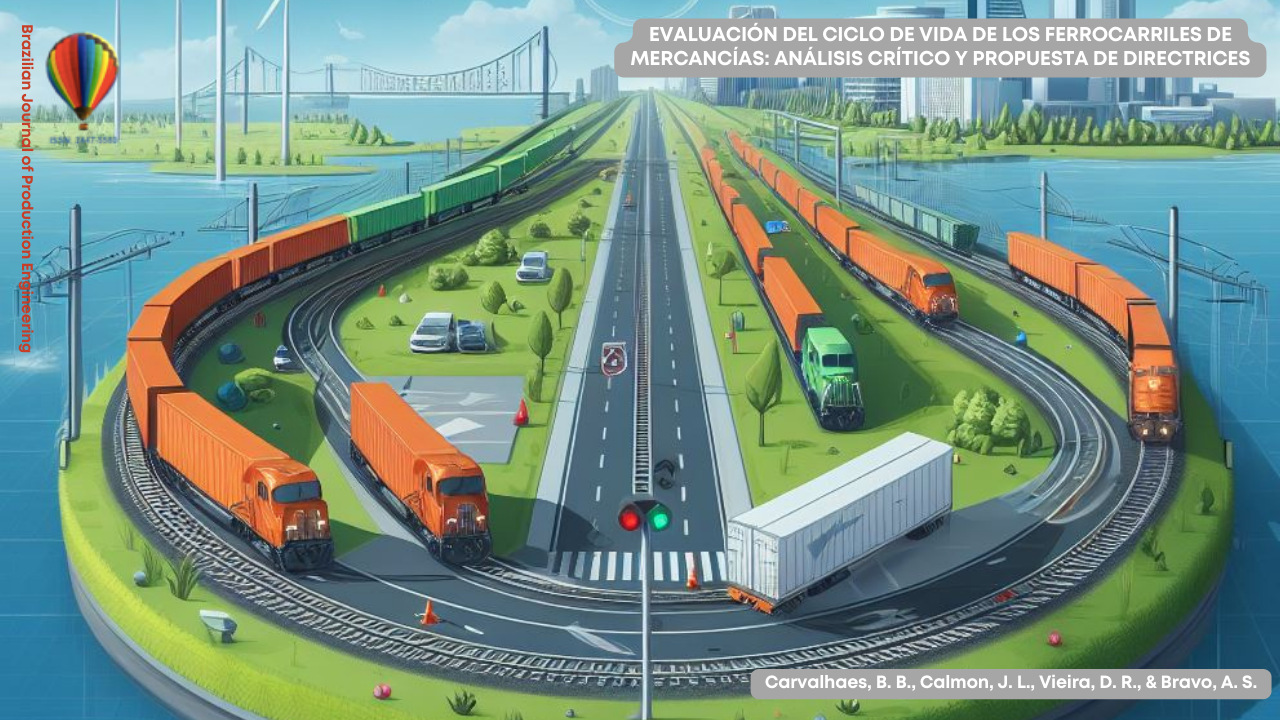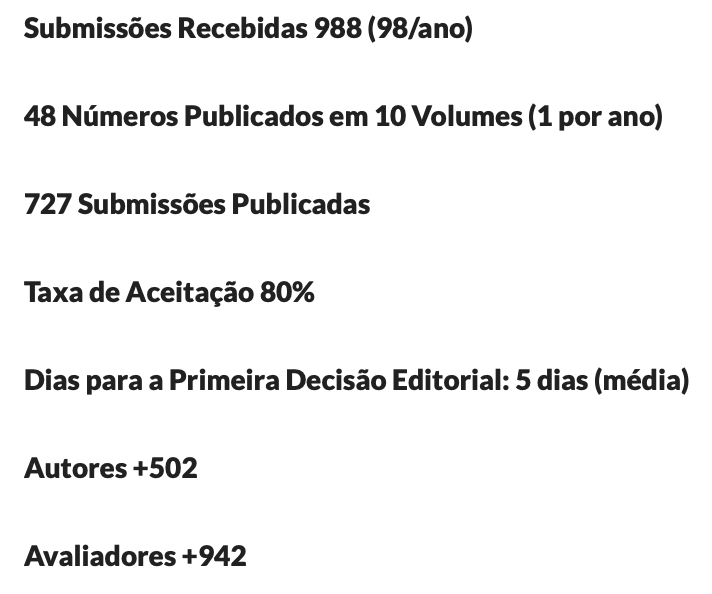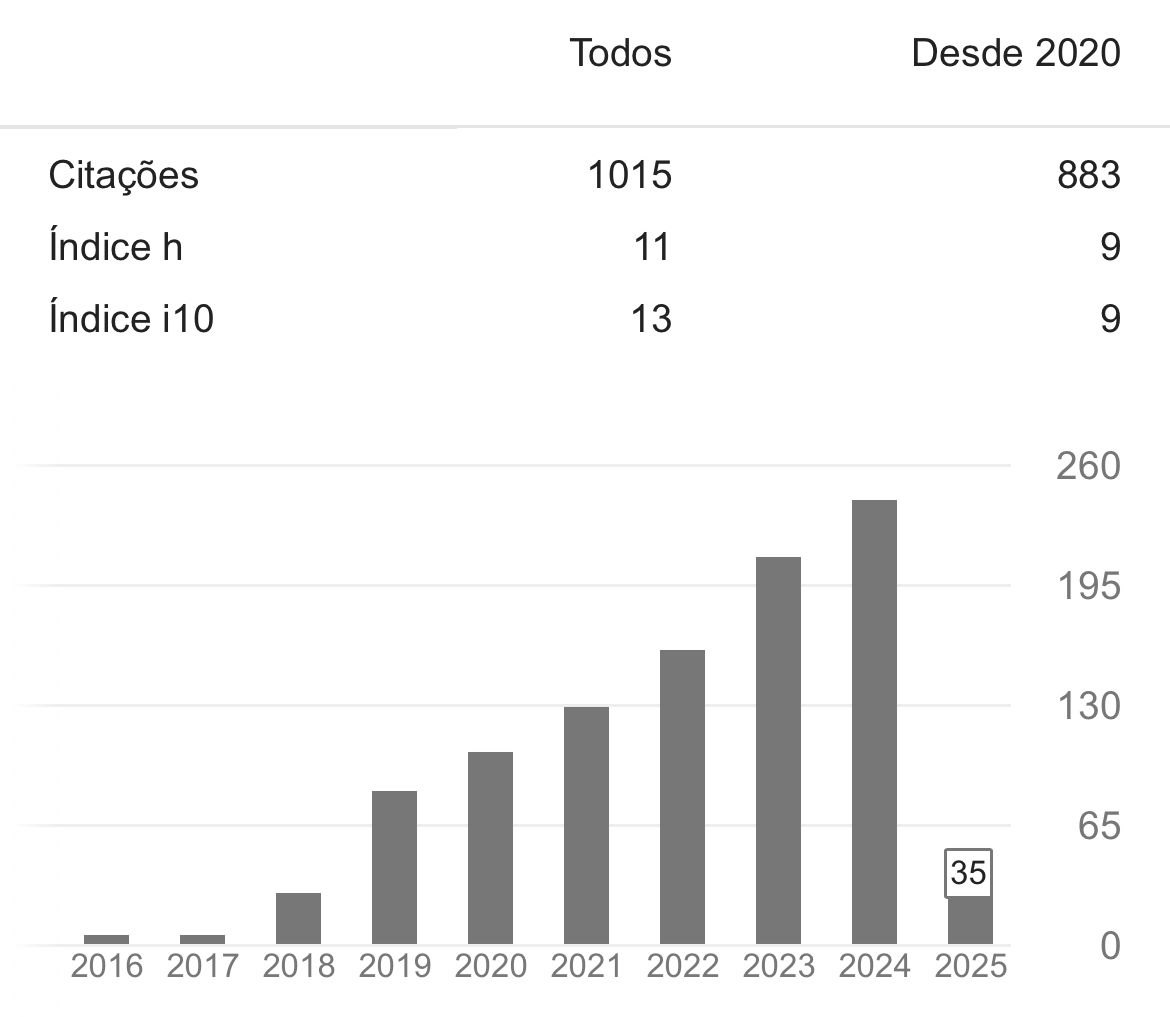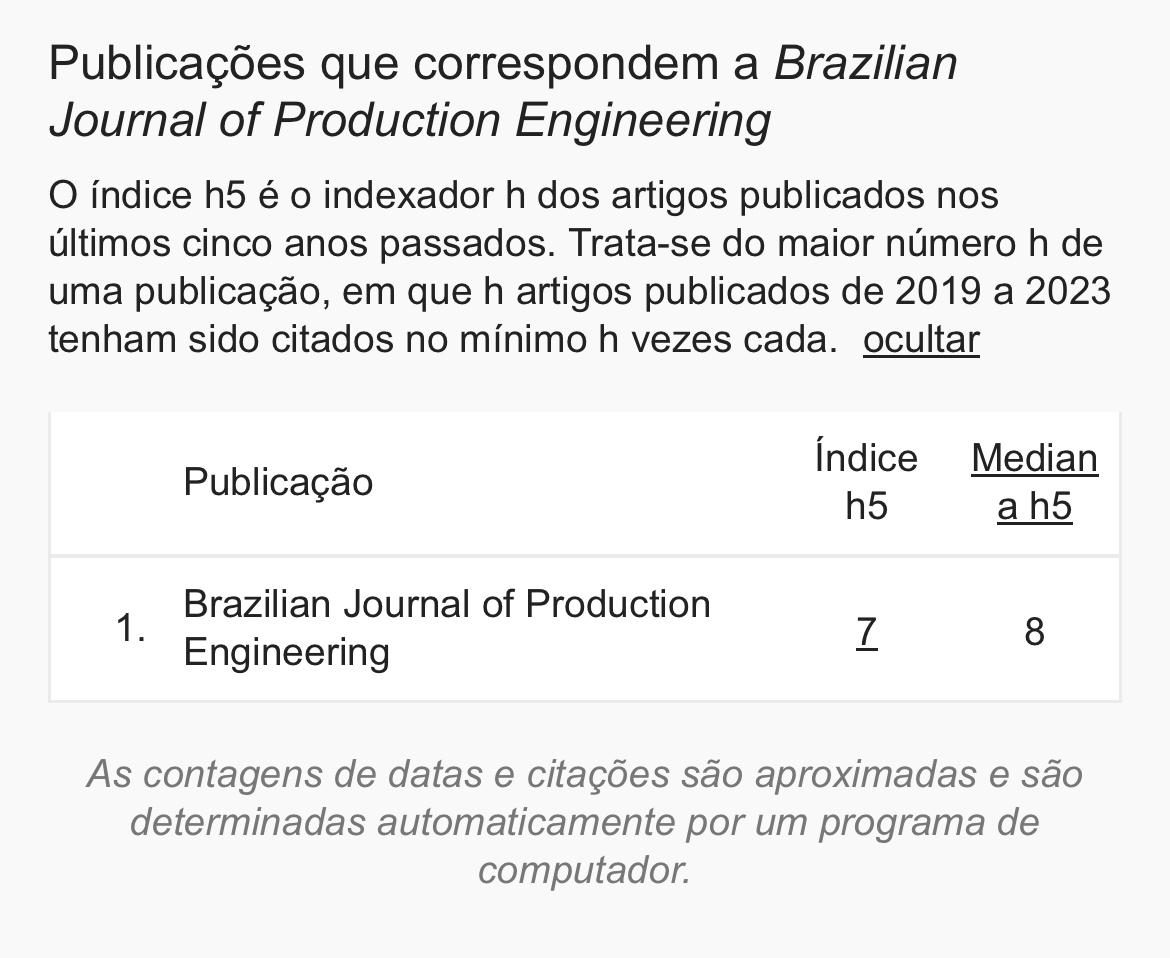Evaluación del ciclo de vida de los ferrocarriles de mercancías: análisis crítico y propuesta de directrices
DOI:
https://doi.org/10.47456/bjpe.v10i2.44372Palabras clave:
evaluación del ciclo de vida, ECV, ferrocarriles de mercancías, directricesResumen
Este estudio realiza una revisión de varios artículos dentro del contexto de los ferrocarriles, en los que se aplica la metodología de la evaluación del ciclo de vida (ECV). Utilizando la metodología ProKnow-C, se analizan siete artículos de revisión y 85 originales que aplican la metodología del ACV a los ferrocarriles, y se identifican varias lagunas importantes, principalmente relativas a la falta de divulgación de información sobre parámetros, software y otras decisiones importantes tomadas durante los trabajos que permitirían a otros investigadores replicar los resultados para compararlos con otros ferrocarriles o circunstancias diferentes. Actualmente, no existen normas ISO que aborden el ACV de los ferrocarriles, por lo que este trabajo pretende proporcionar un conjunto inicial de directrices, facilitando así la elaboración de dicha norma y proporcionando apoyo y orientación a los investigadores en este campo.
Descargas
Citas
Aria, M. & Cuccurullo, C. (2017). bibliometrix: An R-tool for comprehensive science mapping analysis. Journal of informetrics, 11(4), 959-975. DOI: https://doi.org/10.1016/j.joi.2017.08.007
Association of American Railroads. (2023). Association of American Railroads. Freight rail & climate change 2023 Retrieved from https://www.aar.org/issue/freight-rail-climate-change/
Baitz, M., Albrecht, S., Brauner, E., Broadbent, C., Castellan, G., Conrath, P., & Fullana Palmer, P. (2013). LCA’s theory and practice: like ebony and ivory living in perfect harmony? In (Vol. 18, pp. 5-13): Springer. DOI: https://doi.org/10.1007/s11367-012-0476-x
Brander, M. & Wylie, C. (2011). The use of substitution in attributional life cycle assessment. Greenhouse Gas Measurement and Management, 1(3-4), 161-166. DOI: https://doi.org/10.1080/20430779.2011.637670
Diaz, M. A. H., Scouse, A., & Kelley, S. S. (2022). Environmental full cost accounting of alternative materials used for railroad ties: Treated-wood and concrete case study. Journal of Cleaner Production, 364, 132536. DOI: https://doi.org/10.1016/j.jclepro.2022.132536
Dincer, I. & Zamfirescu, C. (2016). A review of novel energy options for clean rail applications. Journal of Natural Gas Science and Engineering, 28, 461-478. DOI: https://doi.org/10.1016/j.jngse.2015.12.007
Du, G. & Karoumi, R. (2014). Life cycle assessment framework for railway bridges: literature survey and critical issues. Structure and Infrastructure Engineering, 10(3), 277-294. DOI: https://doi.org/10.1080/15732479.2012.749289
Earles, J. M. & Halog, A. (2011). Consequential life cycle assessment: a review. The international journal of life cycle assessment, 16, 445-453. DOI: https://doi.org/10.1007/s11367-011-0275-9
Edelen, A. & Ingwersen, W. W. (2018). The creation, management, and use of data quality information for life cycle assessment. The international journal of life cycle assessment, 23, 759-772. DOI: https://doi.org/10.1007/s11367-017-1348-1
Ekvall, T. & Finnveden, G. (2001). Allocation in ISO 14041—a critical review. Journal of Cleaner Production, 9(3), 197-208. DOI: https://doi.org/10.1016/S0959-6526(00)00052-4
Ekvall, T. & Weidema, B. P. (2004). System boundaries and input data in consequential life cycle inventory analysis. The international journal of life cycle assessment, 9, 161-171. DOI: https://doi.org/10.1007/BF02994190
Ensslin, L., Ensslin, S. R., Lacerda, R. T. d. O., & Tasca, J. E. (2010). ProKnow-C, Knowledge Development Process–Constructivist: processo técnico com patente de registro pendente junto ao INPI. Brasil:[sn].
Fridell, E., Bäckström, S., & Stripple, H. (2019). Considering infrastructure when calculating emissions for freight transportation. Transportation Research Part D: Transport and Environment, 69, 346-363. DOI: https://doi.org/10.1016/j.trd.2019.02.013
ISO. (2006a). 14040. Environmental management—life cycle assessment - principles and framework.
ISO. (2006b). 14044. Environmental management—Life cycle assessment—Requirements and guidelines.
ISO. (2014). 13315-2. Environmental management for concrete and concrete structures. Part 2: System boundary and inventory data
ISO. (2020). 22888. Railway applications — Concepts and basic requirements for the planning of railway operation in the event of earthquakes.
ISO. (2022). 23054-1. Railway applications — Track geometry quality. Part 1: Characterization of track geometry and track geometry quality.
ISO. (2024). 13315-1. Environmental management for concrete and concrete structures. Part 1: General principles.
Jiang, C., Wan, Y., Yang, H., & Zhang, A. (2021). Impacts of high-speed rail projects on CO2 emissions due to modal interactions: A review. Transportation Research Part D: Transport and Environment, 100, 103081. DOI: https://doi.org/10.1016/j.trd.2021.103081
Olugbenga, O., Kalyviotis, N., & Saxe, S. (2019). Embodied emissions in rail infrastructure: a critical literature review. Environmental Research Letters, 14(12), 123002.
Pagani, R. N., Kovaleski, J. L., & Resende, L. M. (2015). Methodi Ordinatio: a proposed methodology to select and rank relevant scientific papers encompassing the impact factor, number of citation, and year of publication. Scientometrics, 105, 2109-2135. DOI: https://doi.org/10.1007/s11192-015-1744-x
Olugbenga, O., Kalyviotis, N., & Saxe, S. (2019). Embodied emissions in rail infrastructure: a critical literature review. Environmental Research Letters, 14(12), 123002. DOI: https://doi.org/10.1088/1748-9326/ab442f
Rebello, T. A., Roque, R. P., Gonçalves, R. F., Calmon, J. L., & Queiroz, L. M. (2021). Life cycle assessment of urban wastewater treatment plants: a critical analysis and guideline proposal. Water Science and Technology, 83(3), 501-514. DOI: https://doi.org/10.2166/wst.2020.608
Scopus (2023). http://www..scopus.com
Trevisan, L. & Bordignon, M. (2020). Screening Life Cycle Assessment to compare CO2 and Greenhouse Gases emissions of air, road, and rail transport: An exploratory study. Procedia CIRP, 90, 303-309. DOI: https://doi.org/10.1016/j.procir.2020.01.100
Vaz, C. R., Tasca, J. E., Ensslin, L., Ensslin, S. R., & Selig, P. M. (2012). Avaliação de desempenho na gestão estratégica organizacional: seleção de um referencial teórico de pesquisa e análise bibliométrica. Revista Gestão Industrial, 8(4). DOI: https://doi.org/10.3895/S1808-04482012000400008
Vieira, D. R., Calmon, J. L., & Coelho, F. Z. (2016). Life cycle assessment (LCA) applied to the manufacturing of common and ecological concrete: A review. Construction and Building Materials, 124, 656-666. DOI: https://doi.org/10.1016/j.conbuildmat.2016.07.125
Weidema, B. P., Pizzol, M., Schmidt, J., & Thoma, G. (2018). Attributional or consequential life cycle assessment: a matter of social responsibility. Journal of Cleaner Production, 174, 305-314. DOI: https://doi.org/10.1016/j.jclepro.2017.10.340
Xiao, X., Cai, D., Lou, L., Shi, Y., & Xiao, F. (2021). Application of asphalt-based materials in railway systems: A review. Construction and Building Materials, 304, 124630. DOI: https://doi.org/10.1016/j.conbuildmat.2021.124630
Web of Science (2023). http://www.webofscience.com
Zang, Y., Li, Y., Wang, C., Zhang, W., & Xiong, W. (2015). Towards more accurate life cycle assessment of biological wastewater treatment plants: a review. Journal of Cleaner Production, 107, 676-692. DOI: https://doi.org/10.1016/j.jclepro.2015.05.060

Descargas
Publicado
Cómo citar
Número
Sección
Licencia
Derechos de autor 2024 Brazilian Journal of Production Engineering

Esta obra está bajo una licencia internacional Creative Commons Atribución-NoComercial-CompartirIgual 4.0.

















































































